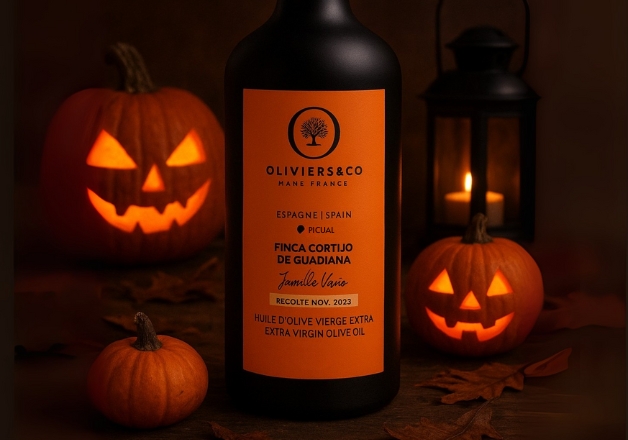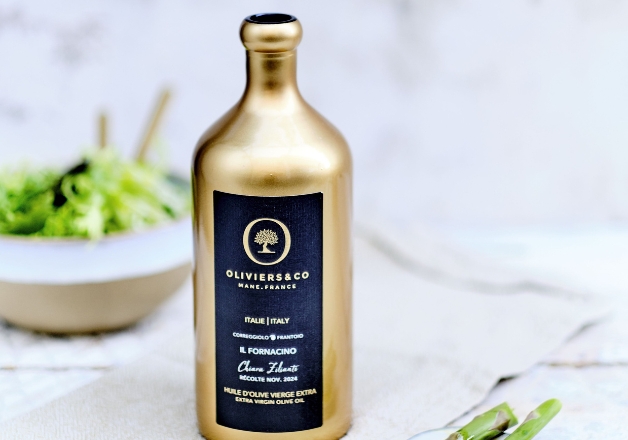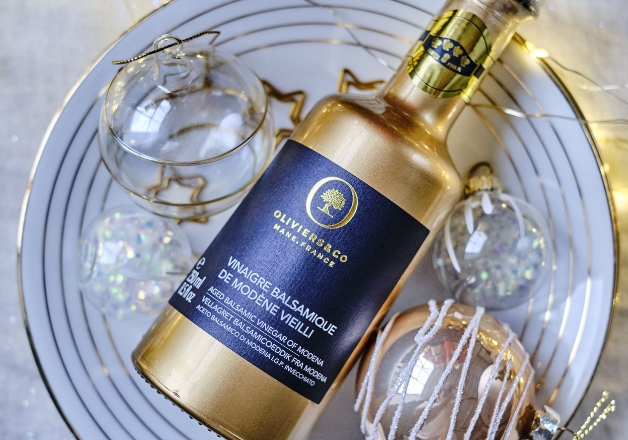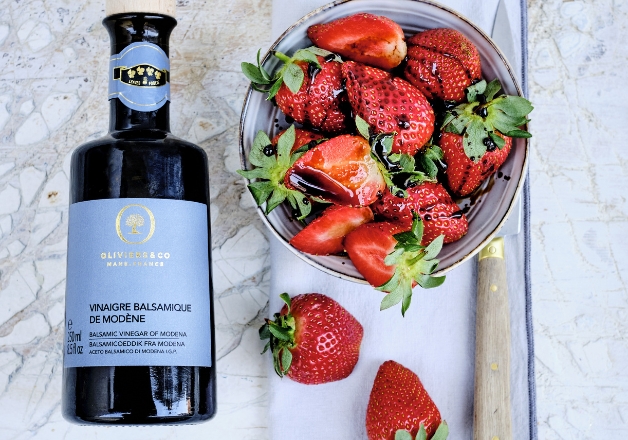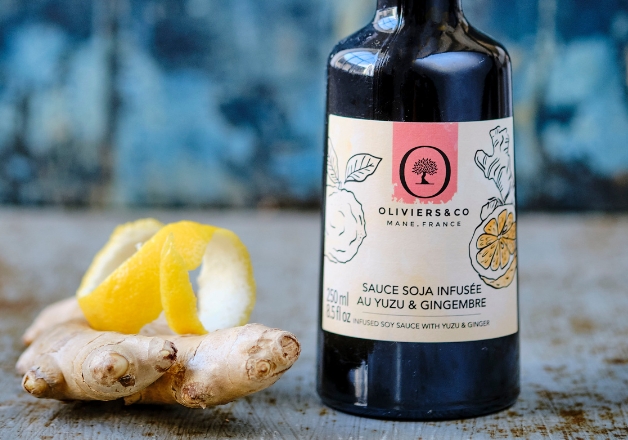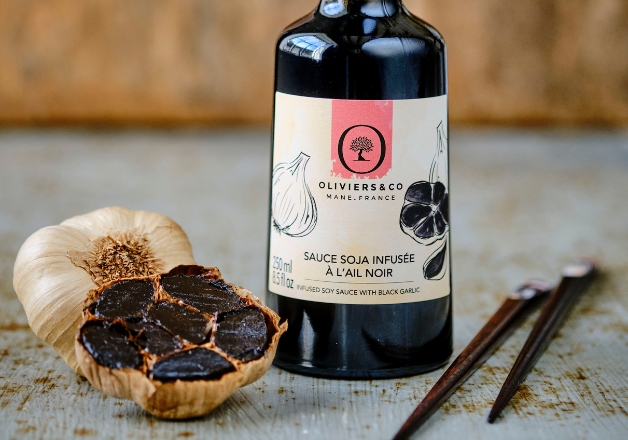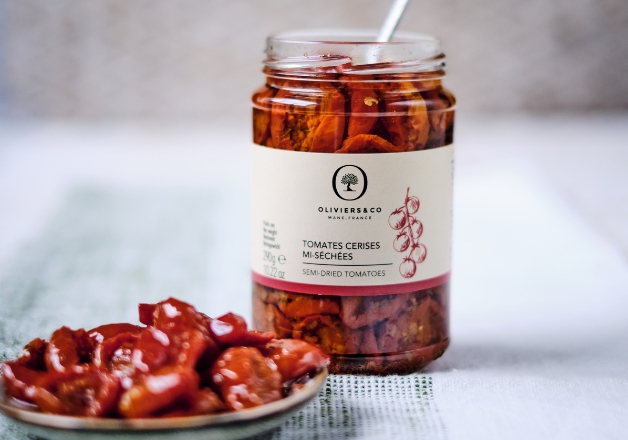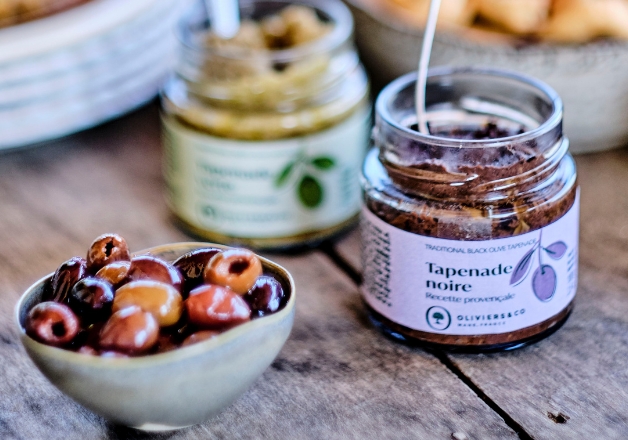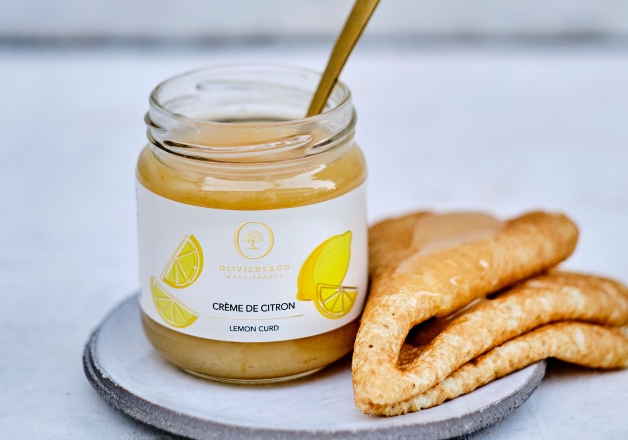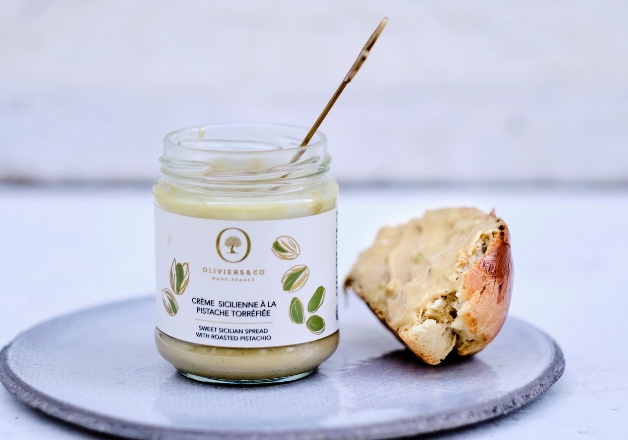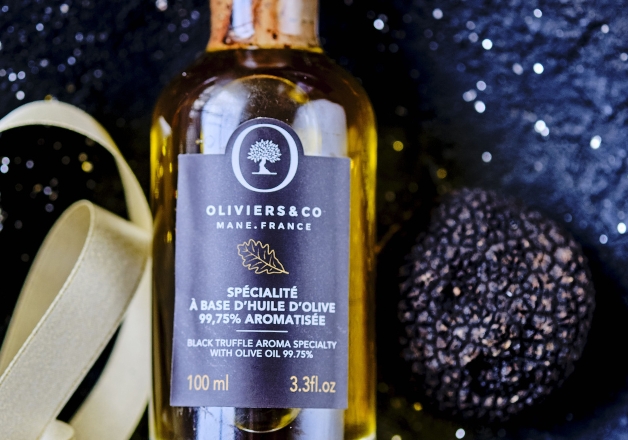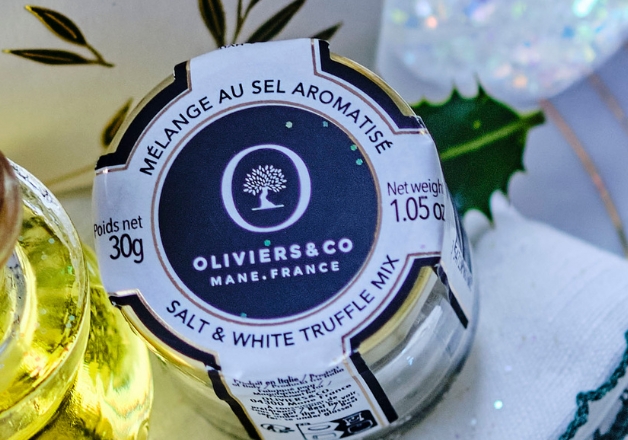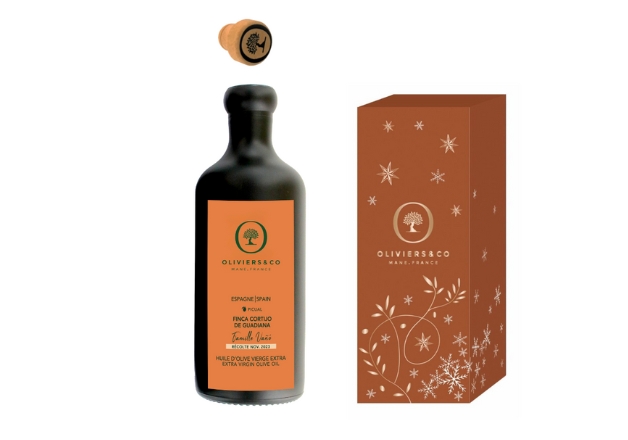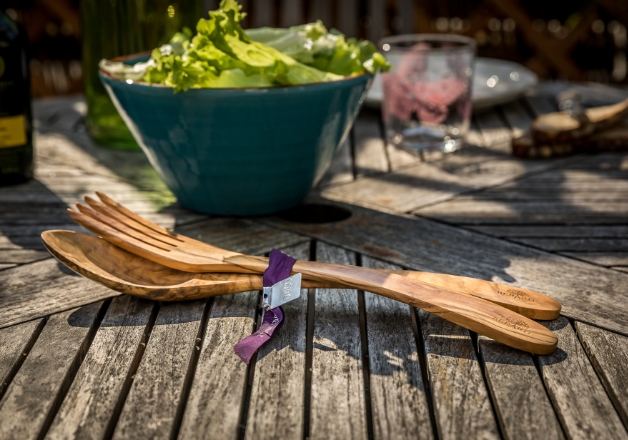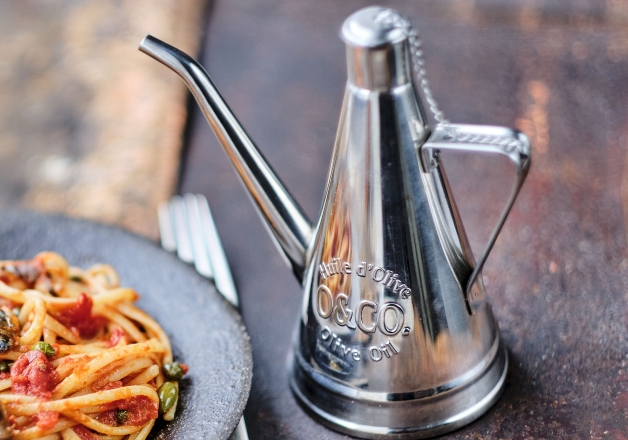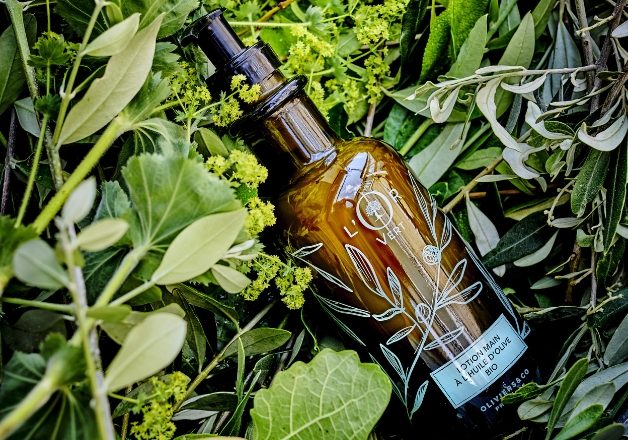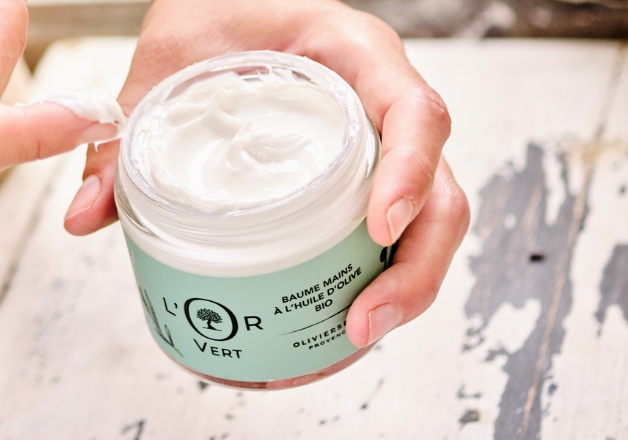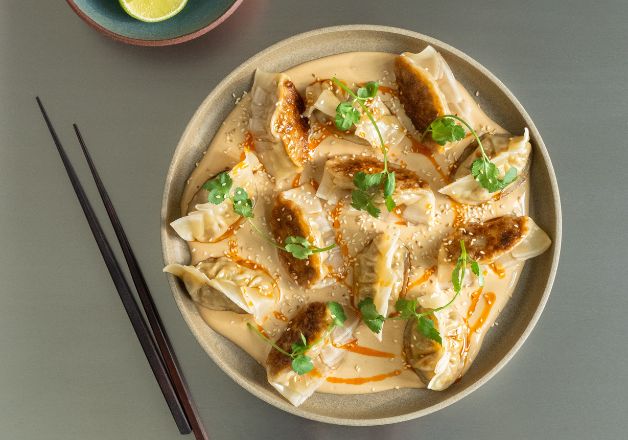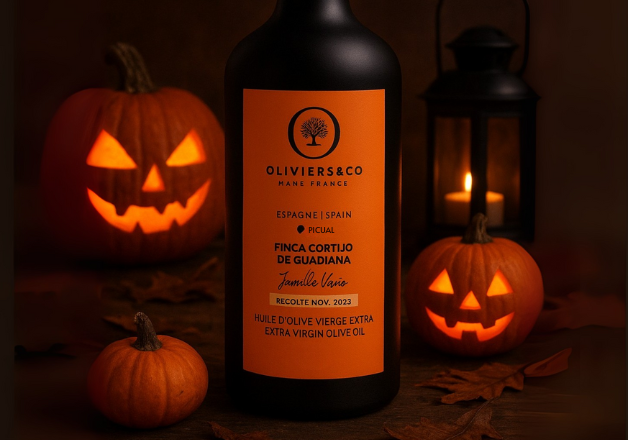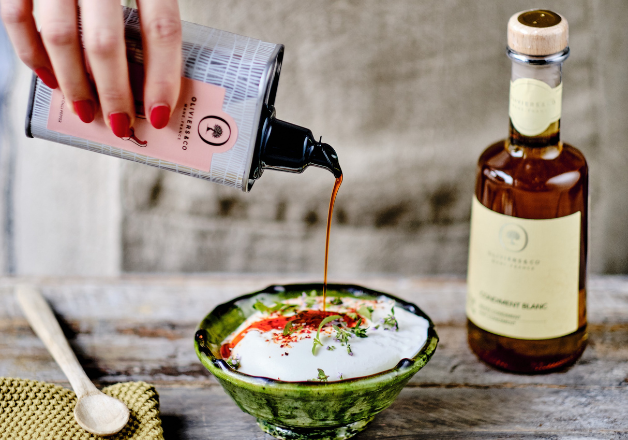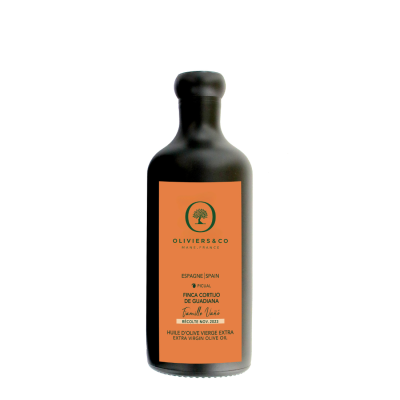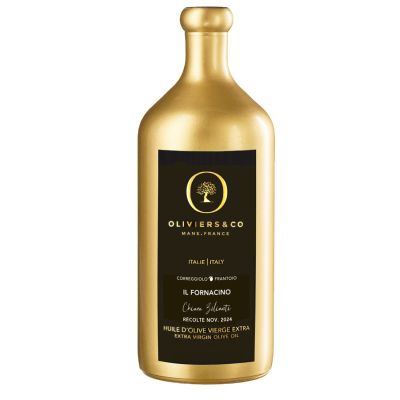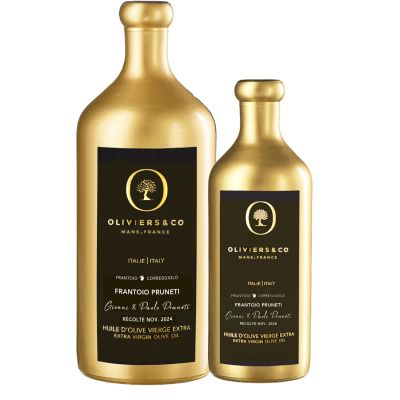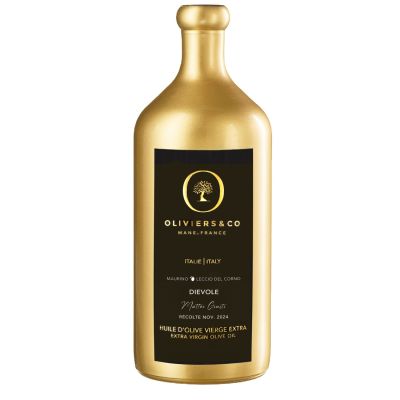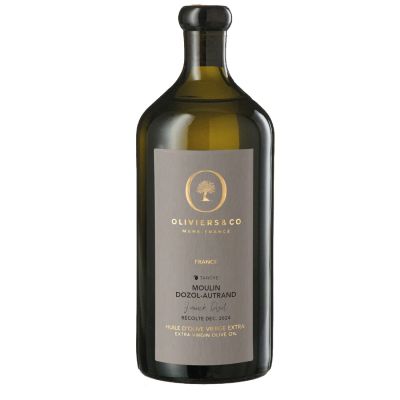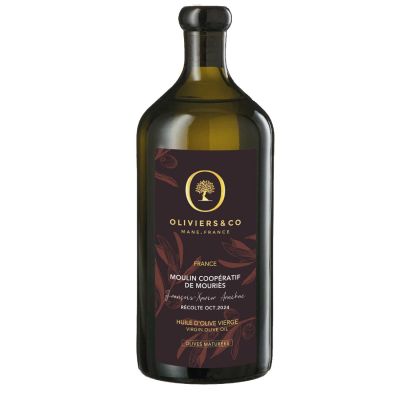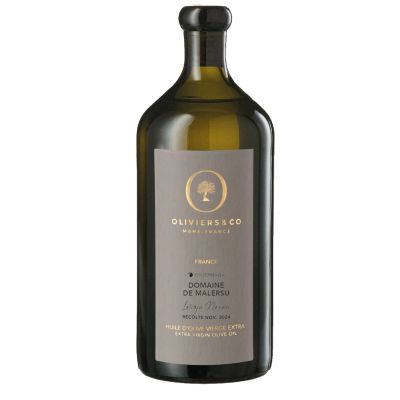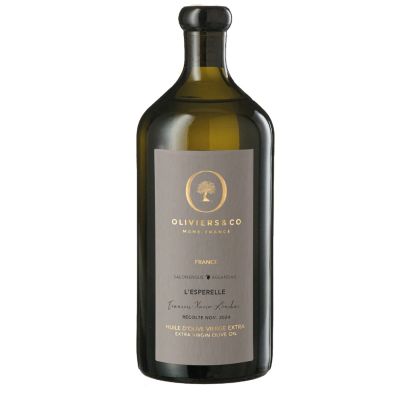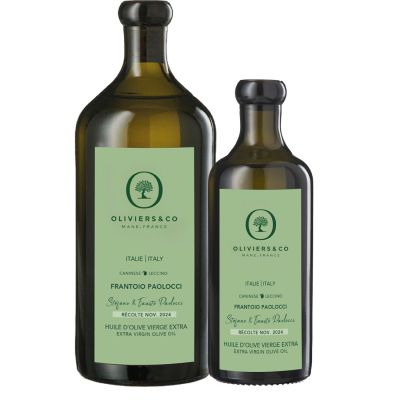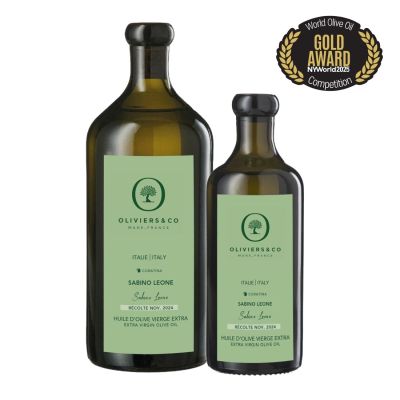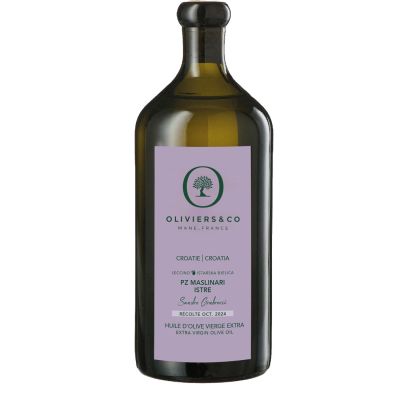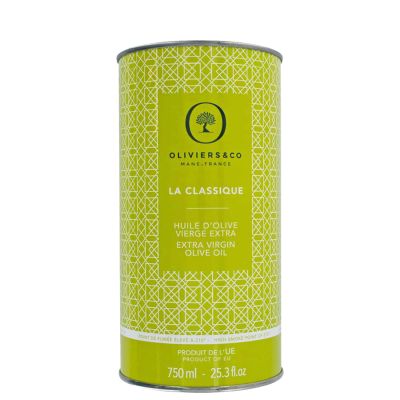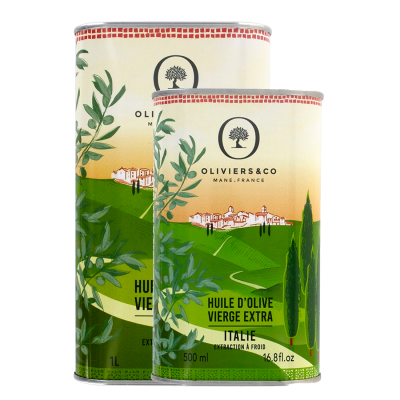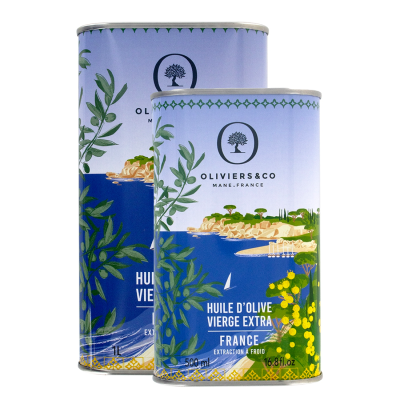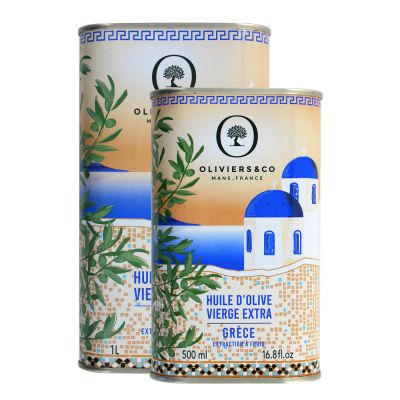The production of olive oil, a jewel of the Mediterranean, is an ancient art passed down from generation to generation, kept as a closely guarded secret, and meticulously preserved. At Oliviers&Co, we salute the meticulous work of our producers and masters in the art of extracting green gold through exclusive mechanical pressing.
To achieve a Grand Cru, several conditions must be met:
- A renowned terroir, known for its olive oil production
- Well-irrigated orchards exposed to the Mediterranean sun
- Olive trees are maintained and treated using traditional methods
- Olive oil storage and packaging under optimal conditions
Thus, the adherence to traditional methods is the cornerstone of this quest for excellence, ensuring that every drop of olive oil embodies the richness of our Mediterranean heritage.
OLIVE OIL PRODUCTION IS MODERNISED
While Oliviers&Co considers traditional know-how to be of paramount importance in the production of high-quality olive oil, we also place great emphasis on modernity. Indeed, we consider it essential for the consumer that strict controls are carried out to guarantee the quality of our extra virgin olive oil.
Today's mills are becoming more modern and automated, but the ones we work with remain entirely mechanical, in order to carry out all the stages of the traditional pressing process and to guarantee a high-quality oil, preserving all its olfactory, gustatory, and nutritional properties.
FROM THE ORCHARD TO THE BOTTLE


Once harvested from the orchards, olives are carefully arranged on large nets where they are collected and then transferred to crates for transportation to the truck's trailer.
On the same day of their arrival at the mill, often located nearby, they patiently await their turn to go through the various stages of processing. It is essential to note that all olives from the producers we collaborate with at Oliviers&Co are pressed on the same day of their harvest. This approach ensures optimal freshness of the oil, thereby preserving its exceptional flavor.


The olives are transferred onto a conveyor for the leaf removal process: branches and leaves are separated from the olives. The olives are washed and screened one last time to remove any remaining leaves.
Next, the olives undergo a grinding process where the flesh and the pit are carefully reduced to olive paste. This paste is then transferred to a mixing tank for kneading, a crucial step in the manufacturing process. Kneading holds significant importance as it optimizes the mixture of the three essential components: oil, water, and the solid residue generated during grinding.
Careful attention is paid to monitoring the kneading process, as it is imperative that the physical motion does not cause an increase in the paste's temperature. Each olive variety, or even each blend of olives, requires a specific kneading time and an optimal kneading temperature to produce the highest quality oil possible.


The obtained paste then goes through a decanter, which is the central stage of any mill. Thanks to centrifugal force, this step efficiently separates the three components of the paste:
- The solid residue, the heaviest, is pushed towards the periphery of the decanter and removed.
- The oil, being lighter, remains concentrated in the center and is directed towards the filtering process.
- The water, on the other hand, is situated between the other two components and is eliminated.
After this separation, the freshly extracted olive oil is ready to be stored in tanks and made available to enthusiasts of this precious Mediterranean substance.


Oliviers & Co selects batches of olive oil from its partner producers each year, following a very strict set of criteria after the harvest. The selected tanks are then sent to our factory located in Mane, in Haute-Provence, for bottling or canning.
>> DISCOVER ALL OLIVIERS&CO OLIVE OILS <<

